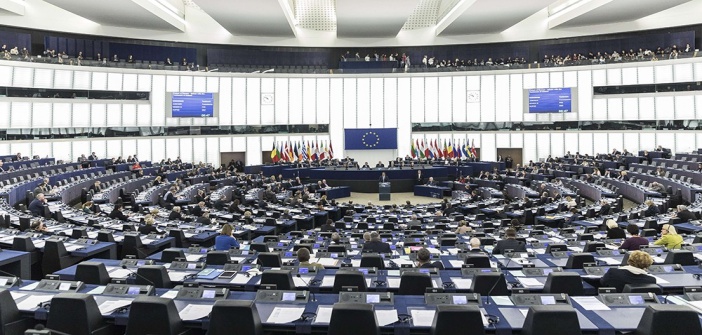The European Parliament’s Committee on Constitutional Affairs has adopted a report concerning the composition of the assembly “during the next term, which will begin in 2019.”
The document states that “out of the 73 seats freed by Brexit, 46 would be ‘held in reserve with 16 for future enlargements and 27 allocated to pan-European lists.’ As for the remaining 27 seats, they would be distributed among 14 member countries that are currently under-represented in the Parliament.”
The distribution of the 27 seats among the 14 under-represented states would first benefit France, which would receive 5 additional seats, thus increasing from 74 to 79. Among the other big winners would be: Spain (from 54 to 59), Italy (from 73 to 76), and the Netherlands (from 26 to 29). Seven other member states would each gain one additional European representative (Finland, Croatia, Estonia, Austria, Denmark, Sweden, Slovakia).
However, dedicating 27 positions to transnational lists would particularly constitute a breakthrough. These lists are the best means of fostering a sense of belonging to a shared destiny and transcending the representation of national interests in favor of a general European interest.
The European right, while not opposed to the implementation of transnational lists, remains skeptical about the solidity of the legal basis and the timeline for implementation.
The measure must still be approved by the deputies in a plenary session. But the most challenging step will then be to pass the European Council stage, which must approve the reform… unanimously.
Indeed, it will be necessary to obtain the support of certain less pro-European states, for instance, in the East. This is not guaranteed. For instance, Viktor Orban’s Hungary has expressed its readiness to block the project, arguing that it sees a shift towards supranationality.


